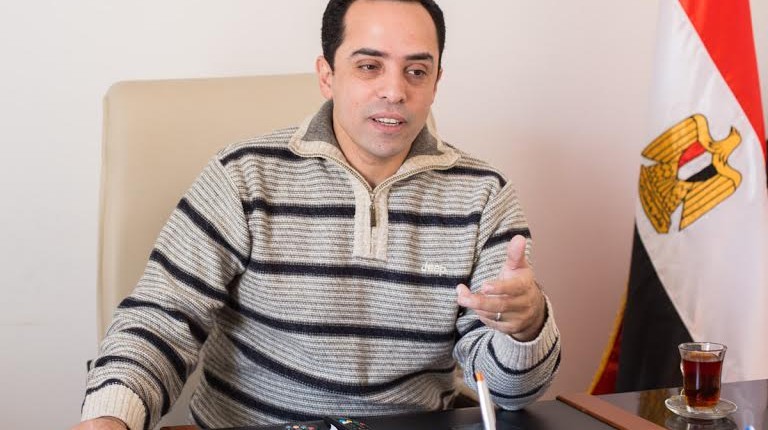By Mubashir Khan
LONDON: Can love really bring people together, crossing boundaries and breaking down barriers? It sounds like the stuff of fairy tales and movies, but recently in a little corner of London that’s exactly what happened.
In a trendy Indian restaurant that used to be a pub, people of different faiths and backgrounds got together for a meal to celebrate that crazy little thing called love. The event was organized by the Islamic Society of Britain in partnership with the Christian Muslim Forum to launch the start of the 19th Islam Awareness Week, which ran from March 12-18, 2012.
Every year for the past 19 years, Islam Awareness Week has been an opportunity for people across Great Britain to meet, eat, listen and understand each other better. Organizers of the week pick a theme that is of common interest to people of all faiths, such as looking after our neighbors, celebrating the best of Britain or remembering our common heritage. This year the theme was all about love.
At the launch event in London, Jewish, Christian and Muslim speakers explained the centrality of love in their religious teachings. In the Jewish tradition, the world stands on three things: Torah (law), (worship) and Gemilut chasadim (acts of loving kindness). Jesus taught his followers to love God and your neighbour as yourself. In Islam, love is at the heart of the religion, it is the basis of one’s relationship with God and the bedrock of relationships with other human beings and all God has created.
Love of God and love of neighbor are the twin commandments that became the central subject of the open letter written by Muslim scholars to their Christian counterparts in 2007, known as the Common Word initiative. Described by one of the speakers at the London event as a “love letter” to Christians worldwide, it invited people to come together on the basis of what they hold in common and what is also most essential to both faiths. Just a few months ago, one of the main authors of that letter, Prince Ghazi bin Muhammad of Jordon, a Professor of Philosophy, released a new book titled Love in the Holy Quran, which is based on his dissertation at Al Azhar University in Egypt.
The book, and the theme of love, has given Muslims an opportunity to explain what Islam really means to them. For a small community of British Muslims that doesn’t usually have much access to mainstream media, occasions like the launch event in London are vital for getting mainstream Muslim voices heard above the hysteria and misinformation propagated by extremists on all sides.
Actions, however, can sometimes speak louder than words. Accordingly the week is not just focused on talking, but also feeding the homeless at a soup kitchen, participating in a community clean-up day and assisting with various kinds of fundraising events for local and national charities.
The theme of love was also inspired by the growing international co-operative effort known as the Charter for Compassion, which is undergoing a significant re-launch this month. It is a recognition that the principle of compassion lies at the heart of all religious, ethical and spiritual traditions and it calls upon women and men around the world to work towards alleviating the suffering of others, to ensure youth are given accurate and respectful information about others and to cultivate an informed empathy with the sufferings of others — even those we might see as enemies.
The events over the past week represent a small fraction of the work that has taken place at a grassroots level over the last two decades through IAW, bringing people together who would not otherwise have met. Together they add up to a thousand little victories for compassion and common sense — and that’s the power of love.
Mubashir Khan was the national coordinator of Islam Awareness Week in the UK from 2009-2012. This article was written for the Common Ground News Service (CGNews).

